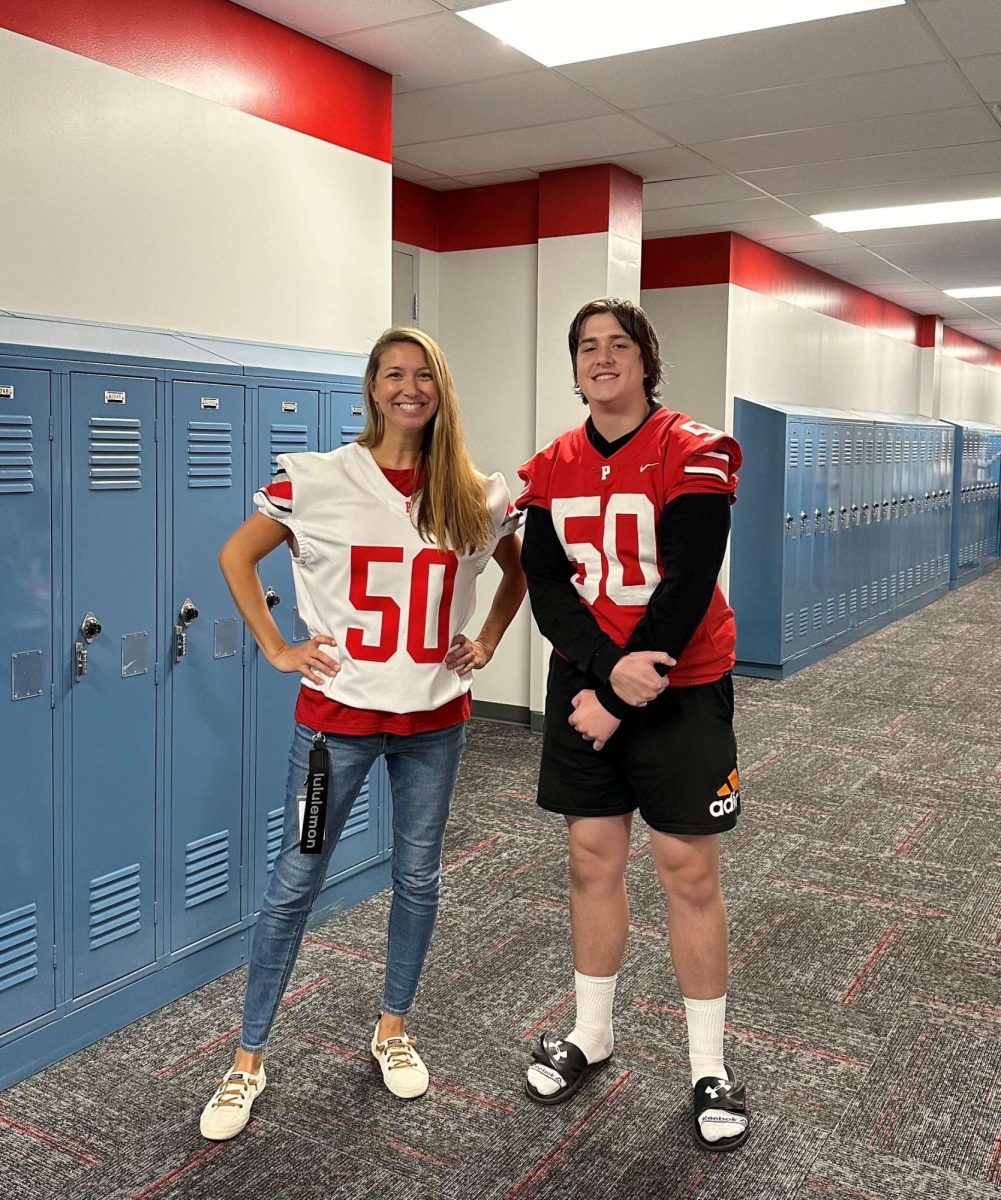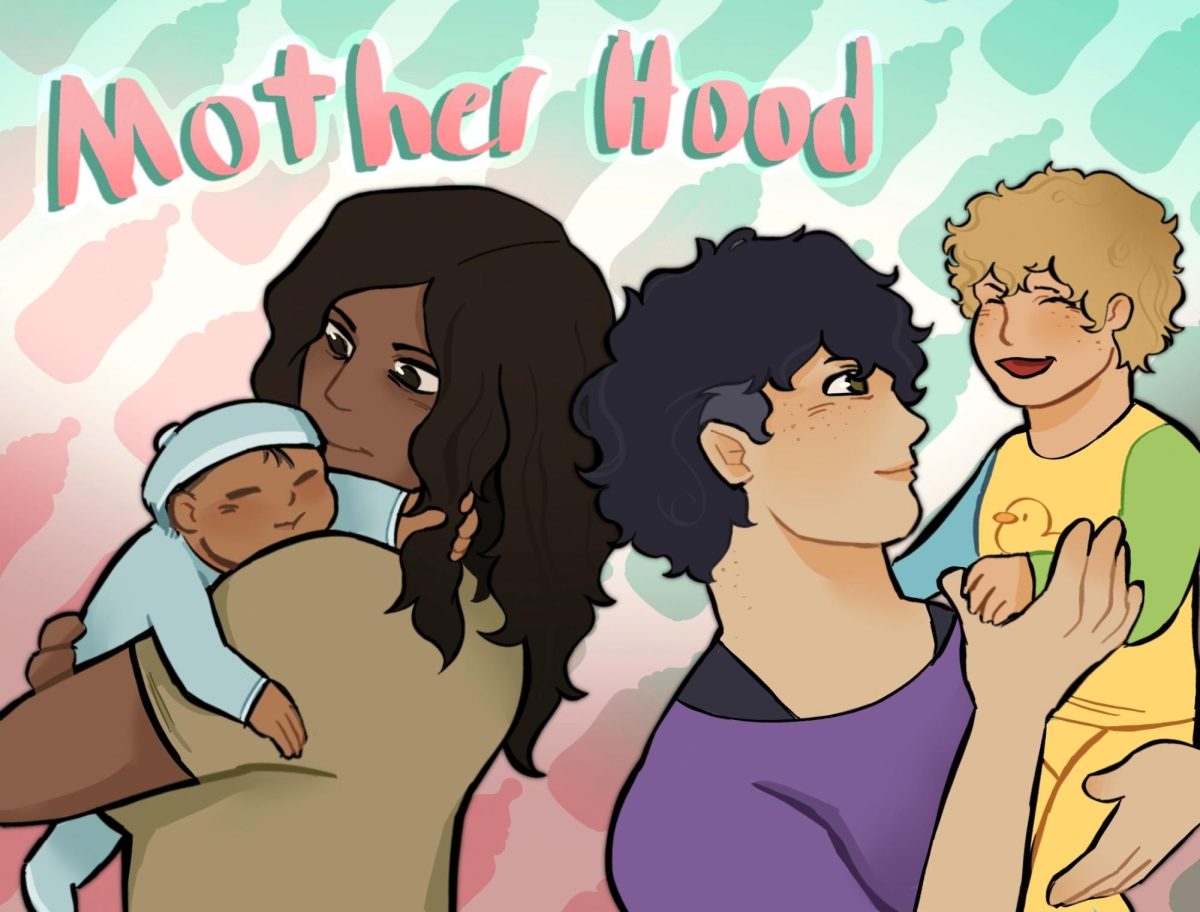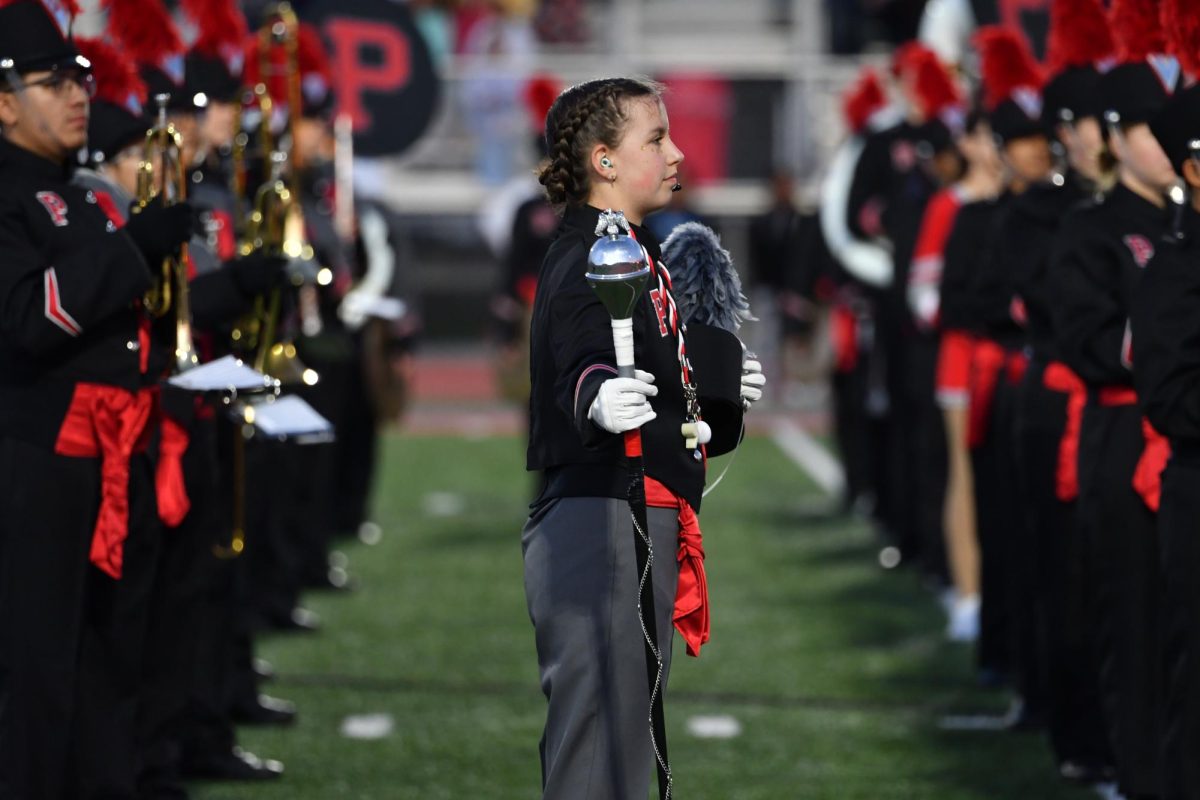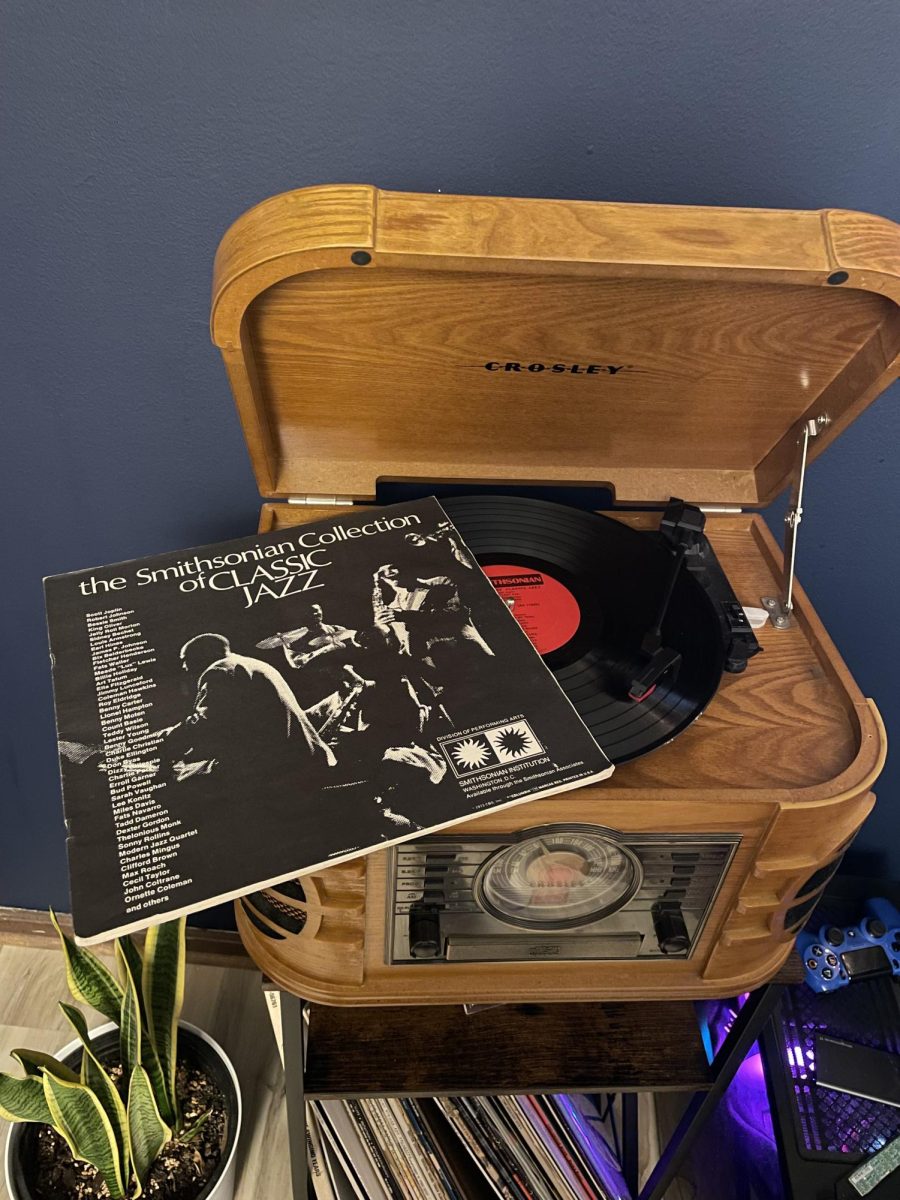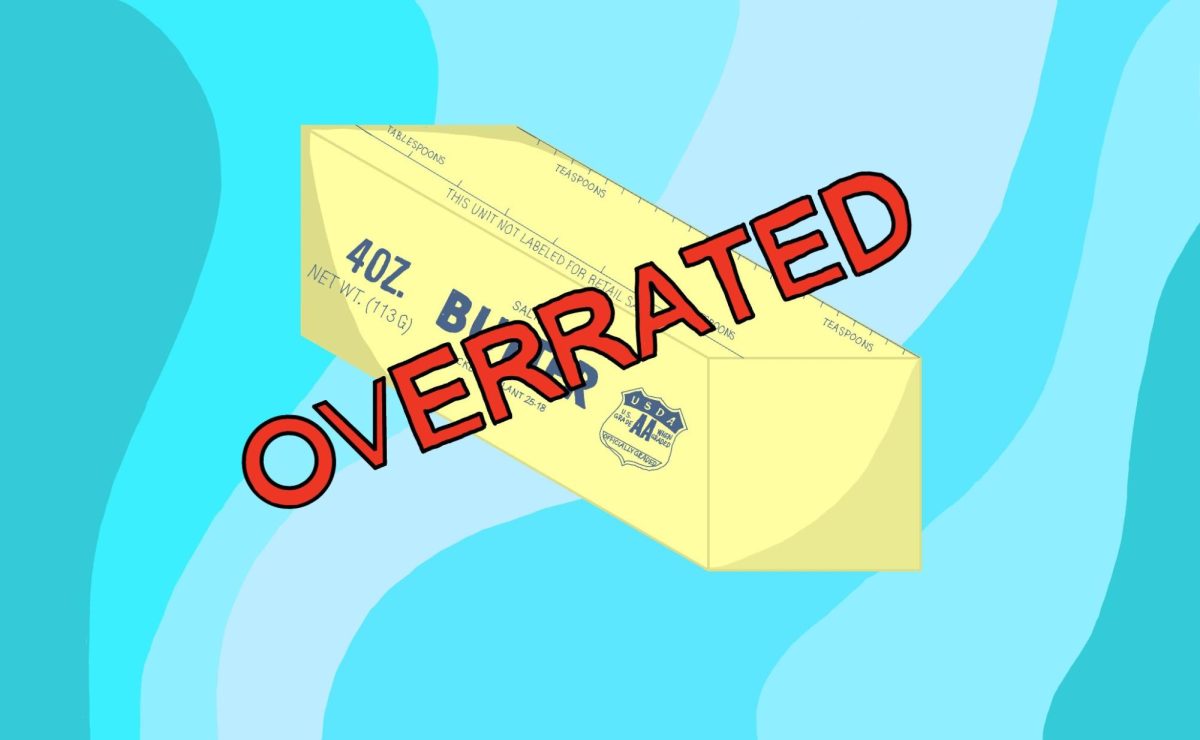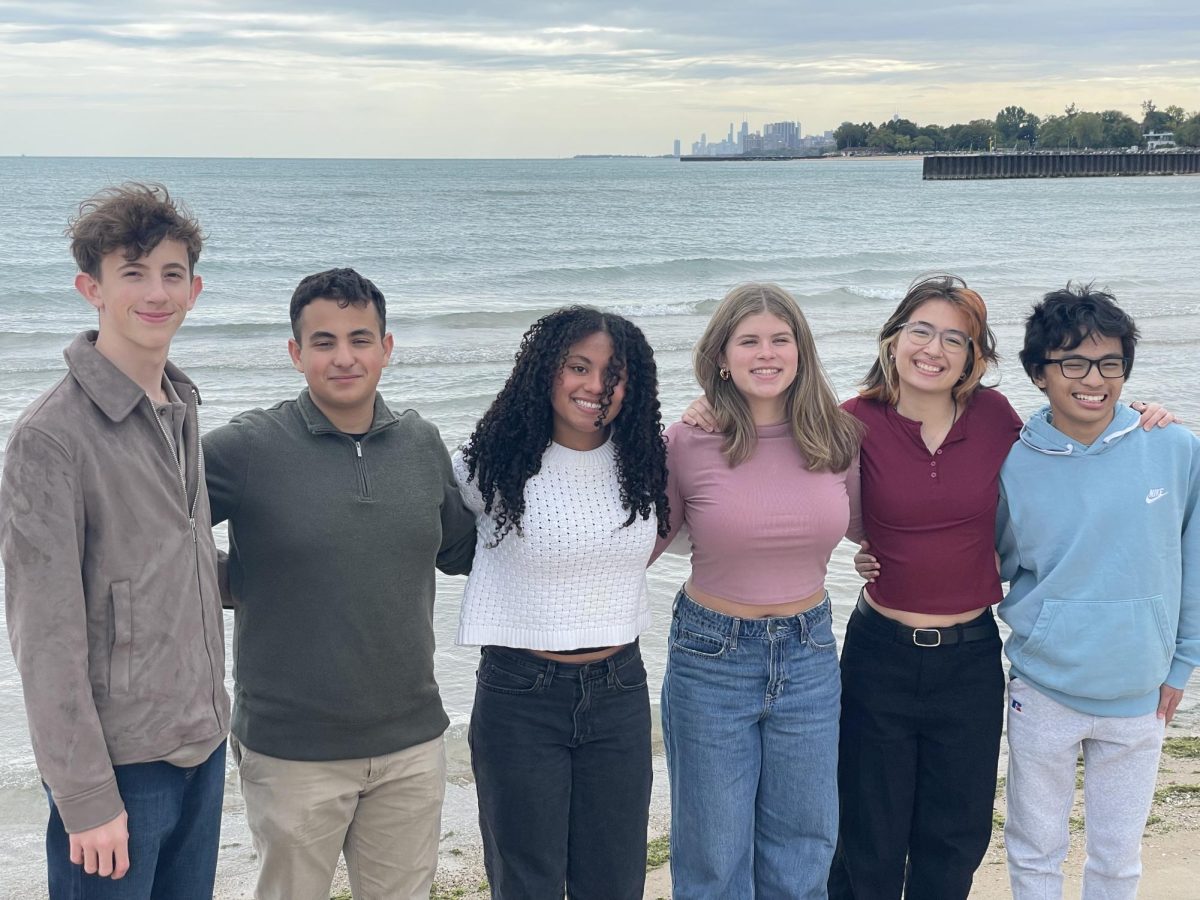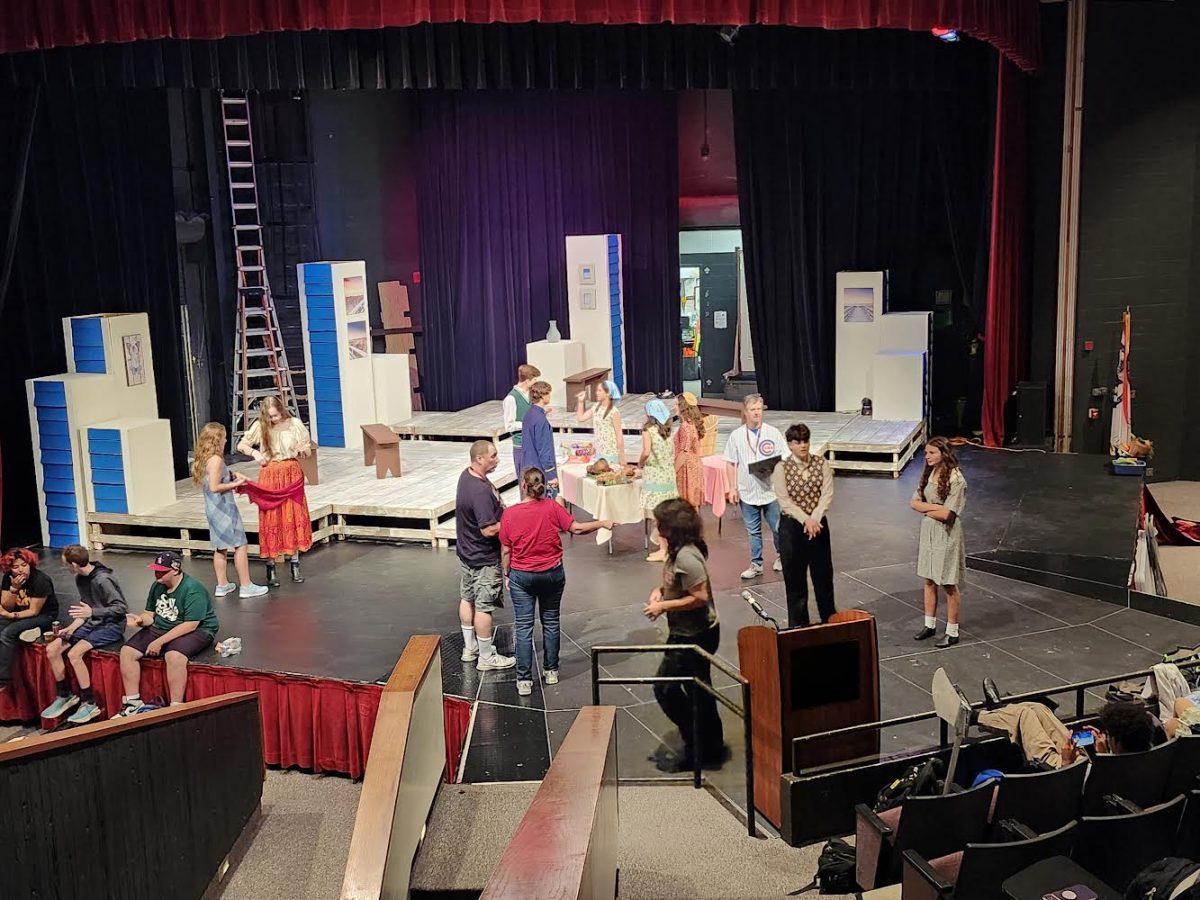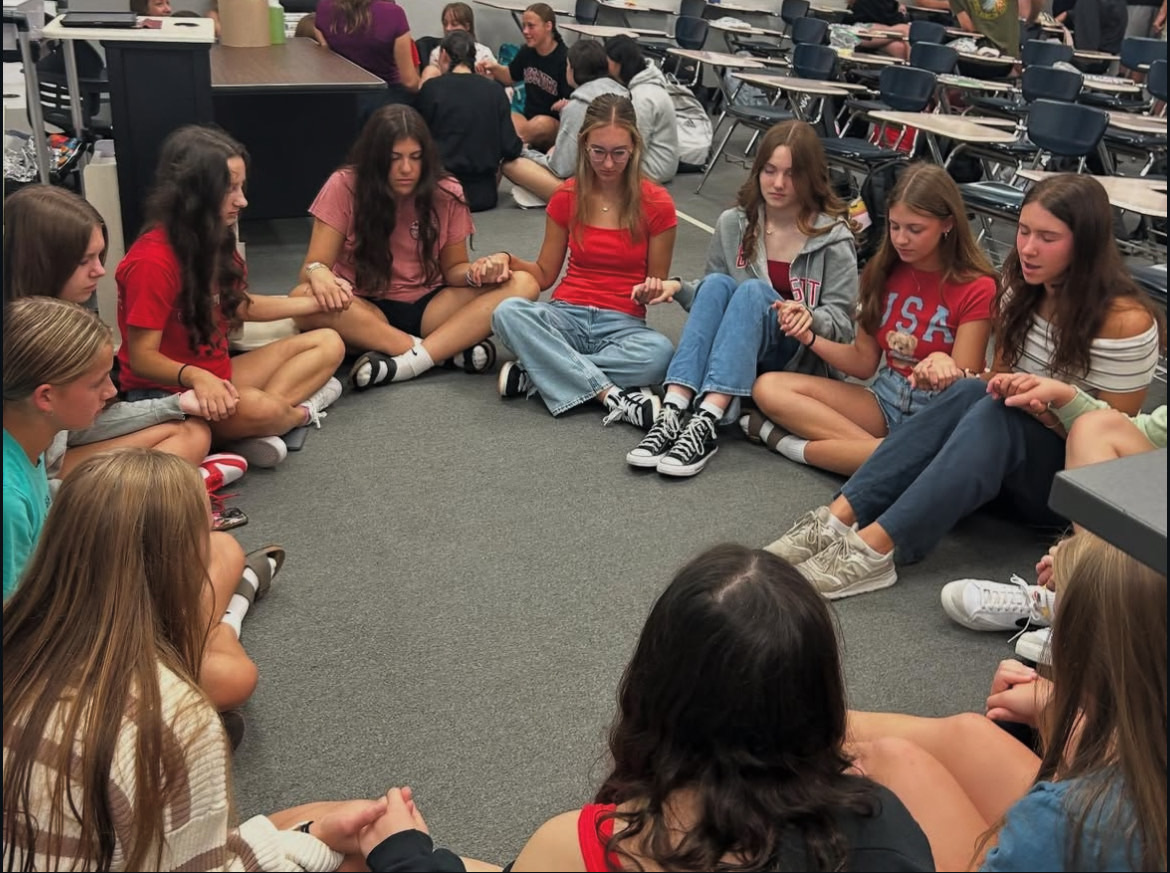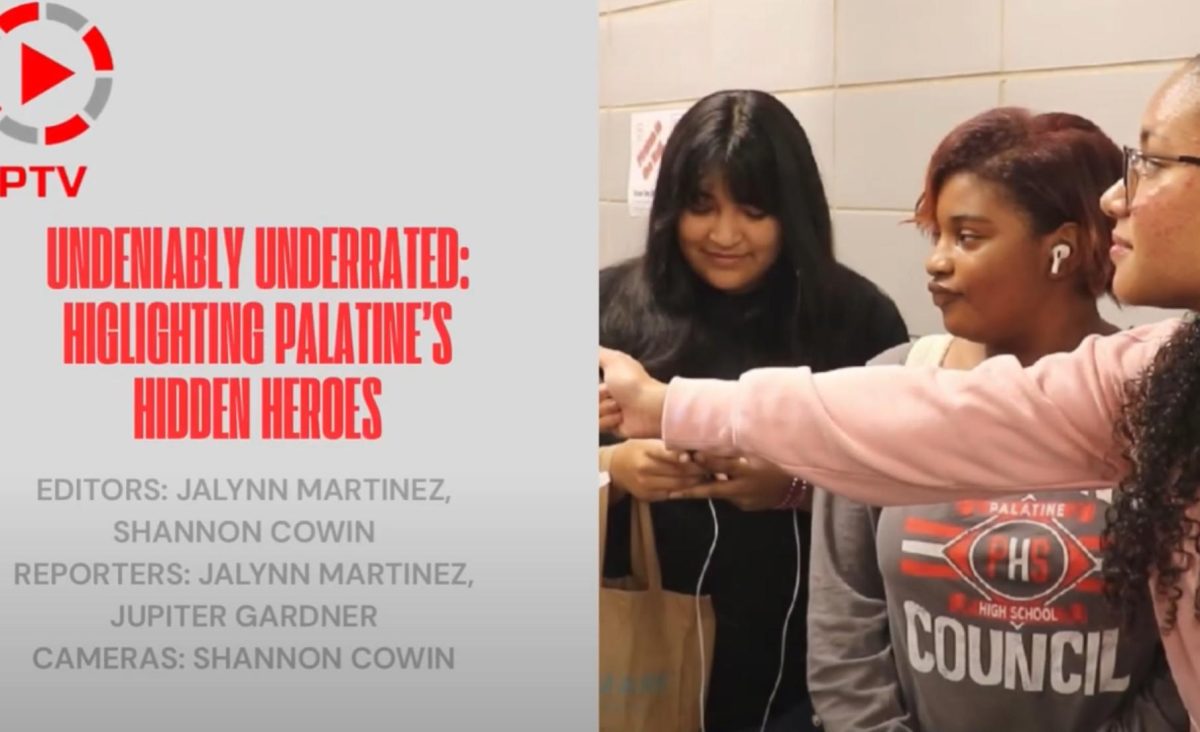When I was 11 years old, I witnessed one of the most devastating losses I can remember. I saw my favorite team, the 12-4 Chicago Bears, lose on what is now called the “double doink”. In actuality, the ball was tipped by an Eagles player. However, at the time, one man got all the blame, the kicker Cody Parkey.
In hindsight, Parkey shouldn’t have been blamed for the loss, especially if the ball was tipped, but everyone in Chicago hated that man. I remembered he received death threats so he had to go on a morning news show and apologize to the fans. Looking back, fans’ reactions were probably too extreme, but it shows what people do when they love something and lose it.
People were emotionally attached to the Bears and hated seeing them lose. I hated seeing them lose; I learned that day what it meant to lose in a tragic way.
Losing has been a big part of my life. I would argue that it has impacted my personality more than anything besides the people around me. I played sports at a young age but when you are young, it is more about getting exercise and finding out if you like the sport or not.
I remember when I played travel baseball in fourth grade—that was the first time I played in a really competitive setting since it was a cut sport you had to try out for. I remembered my team winning a lot of games at first and starting 9-0, but then we lost by one run to a team we previously beat. Then we lost a few more games that we probably should have won.
After starting 9-0, we finished 13-5, with the last half of our season finishing 4-5. In our regional, we won our first two games, and in the regional championship, I went up to the plate in extra innings tied with one and a runner at second. I showed bunt to draw the third baseman out so the runner could easily steal third; he did with ease, but I had a two-strike count on me.
Fortunately, I smacked the ball right at the shortstop and deep enough to get the runner home and score, though I was out at first. All we needed to do was not let them score, and we were one strike away from winning. The other team had runners on third and second, but they hit the pull right in the gap and won the game.
I felt so sad after that. I loved playing with that team, but the season ended. What made it worse was that the championship-winning team was a team we beat twice that season. That’s when I felt what it was like to lose as part of a winning team.
I am a loser—I have been part of or been a fan of losing teams and been a part of or fan of good teams who have heartbreaking losses. I know what losing feels like, but I believe that losing helps you even more than winning. “Character is forged in the crucible of adversity, and losing provides the perfect environment for its cultivation. In defeat, athletes learn the importance of humility, sportsmanship, and grace” (Masters).
So much of life is how you respond to adversity and what you do when the going gets rough. An old coach of mine once told me he likes when things go wrong. Why? Because you find out who your real friends are. When things are going right and you’re winning, anyone can be your friend. Will they still be friends with you when things are wrong and you’re losing? That’s how you can find your real friends.
It allows you to find yourself and allows you to better yourself as a human being.

A lot of life is losing. But how you respond makes you a winner or a loser. “The only place to go from failure is to win,” said Mr. Olympia competitor and professional bodybuilder, Tom Platz. When you lose, there is only one way to go, and that is to win.
When you lose, it gives you the ability to learn and grow to better yourself. Losing is an opportunity to grow as a human being and get better, to learn from your previous mistakes and take strides to win and succeed.
When I lose, I feel the urge to get right back at whatever it may be and keep trying until I win. I have control over what I do. That’s what makes watching sports so frustrating. It’s that you have no control over the athletes. Yet, you are emotionally attached to the team you support. You buy their merchandise, go to their events, and have memories of the team you probably grew up watching. You feel a part of the team.
I felt a part of the Bears during 2018. I watched this miserable franchise lose and lose again, then finally start to win. I suffered along with the team. I got embarrassed for being their fan, especially if I wore their merchandise in public. I went to a Bears game on my 10th birthday and watched them lose to the Vikings. I went through the pain they did. The only difference was that they could control what they did.
That is what made that playoff game so tragic. I watched this horrible franchise lose for many years. When they were finally good and started winning a lot, only to lose from someone’s fingers. I truly believe the Bears franchise died that day. Since 2018, they haven’t had a winning season and haven’t beaten their “rival,” the Green Bay Packers.
Those were just a few examples of losing and my experiences with it. I’ve lost a lot in life. However, if I could change anything, would I? Maybe a few events, but I wouldn’t change too much. Why? Because the most important lessons you learn are the ones you learn early on in life since they stick with you longer.
I learned how to lose, and that makes me a loser. But because I know losing, I know how to deal with it. Losing doesn’t bother me as much as others anymore. I don’t feel so bad when I lose or watch my favorite team lose.
Because, as long as the sun comes up the next morning, there is another chance, a new day, new opportunities, and a new chance to win. Which maybe, just maybe, makes me a winner.



